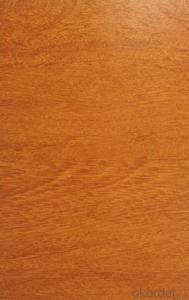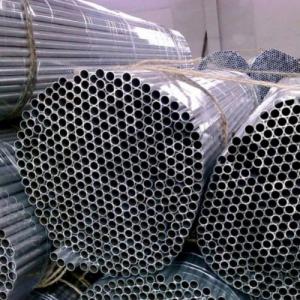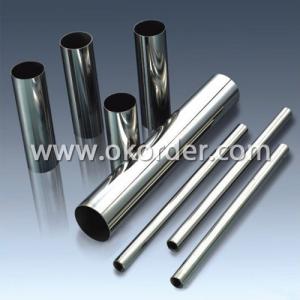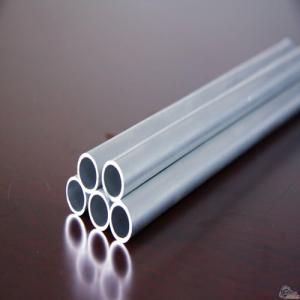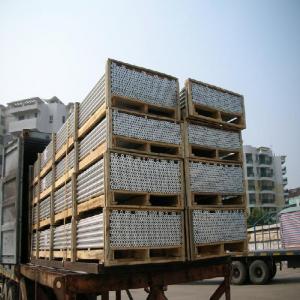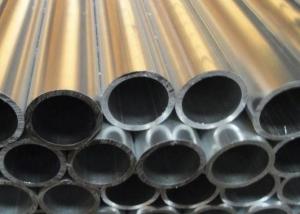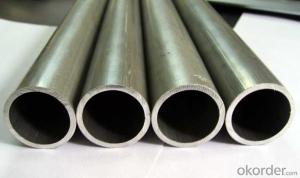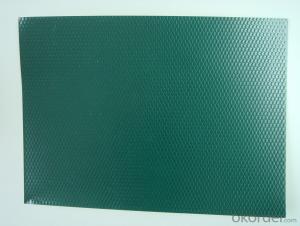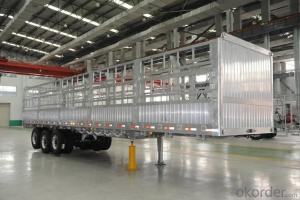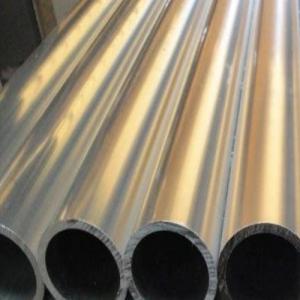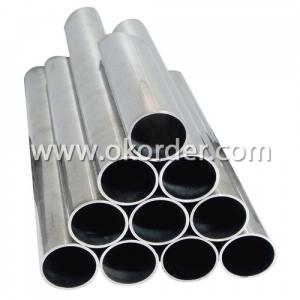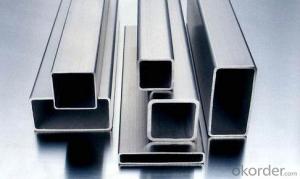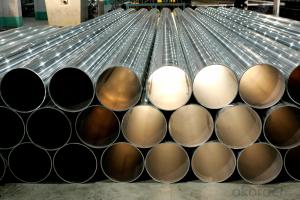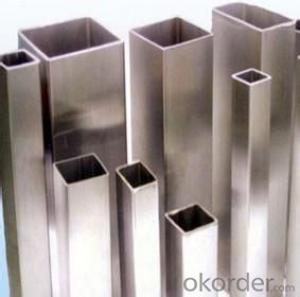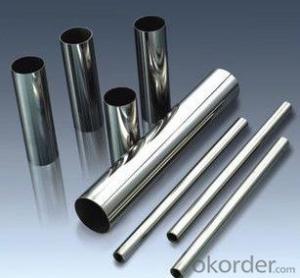Wooden Coating Aluminium Coils for Ceiling Tiles
- Loading Port:
- Shanghai
- Payment Terms:
- TT OR LC
- Min Order Qty:
- 5 m.t.
- Supply Capability:
- 10000 m.t./month
OKorder Service Pledge
OKorder Financial Service
You Might Also Like
Item specifice
1. Specification of Wooden Coating Aluminium Coils for Ceiling Tiles
characteristics | Application |
1) Super peeling strength | 1) Building exterior curtain walls |
2) Excellent surface flatness and smoothness | 2) Decoration and renovation additions for old buildings |
3) Superior weather, corrosion, pollutant resistance | 3) Decoration of interior walls, ceilings, bathrooms, kitchens and balconies |
4) Even coating, various colors | 4) Shop door decorations |
5) Fireproof, excellent heat and sound insulation | 5) Advertisement board display platforms and signboards |
6) Superior impact resistance | 6) Wallboards and ceilings for tunnels |
7) Lightweight and easy to process | 7) Industrial materials, materials for vehicles and boats |
2. Application of Wooden Coating Aluminium Coils for Ceiling Tiles
(1).Interior: wall cladding, ceilings, bathrooms, kitchens and balconies, shutters, doors...
(2).Exterior: wall cladding, facades, roofing, canopies, tunnels, column covers , renovations...
(3).Advertisement: display platforms, signboards, fascia, shop fronts...
3. Feature of Wooden Coating Aluminium Coils for Ceiling Tiles
• Our goods quality is top, the surface is smooth, and every steel coil
• No Joint, No Bends, no spots, no roller marks.
• MTC will be provided with goods, third part inspection is acceptable, for example, SGS, BV. Etc
Be free from Oil Stain, Dent, Inclusion, Scratches, Stain, Oxide Dicoloration, Breaks, Corrosion, Roll Marks, Dirt Streaks and other defect which will interfere with use
4. Certificate:
SGS and ROHS(if client request, paid by client), MTC(plant provided), Certificate of Origin(FORM A, FORM E, CO), Bureau Veritas and SGS (if client request, paid by client), CIQS certificate
5. Image of Wooden Coating Aluminium Coils for Ceiling Tiles
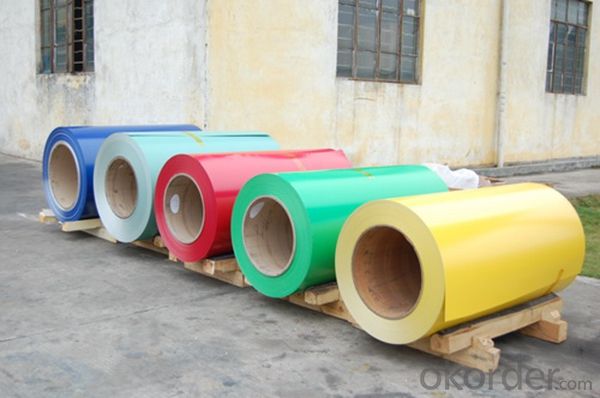
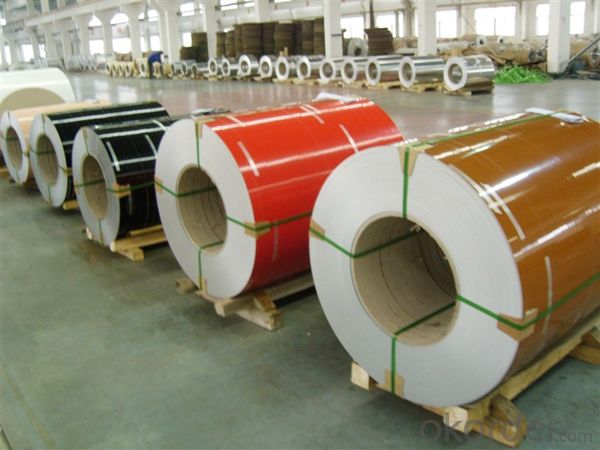
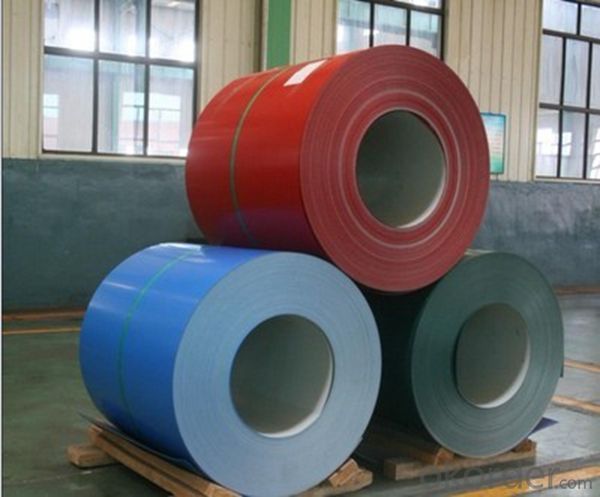
6. Package and shipping of Wooden Coating Aluminium Coils for Ceiling Tiles
eye to wall
eye to the wall
with wood pallet (wooded case also available)
7. FAQ
1) What is the delivery time?
Dpends on actual order, around 20 to 35 days
2)What is the QC system:
We have QC staff of 20 persons and advanced equipment, each production is with MTC traced from Aluminum ingot lot.
3) What market do you mainly sell to?
Australia, America, Asia, Middle East, Western Europe, Africa etc
- Q:What are the weight limitations of aluminum pipes?
- The weight limitations of aluminum pipes vary depending on various factors such as the size, diameter, wall thickness, and overall structural integrity of the pipe. Generally, aluminum pipes are known for their lightweight properties, making them suitable for a wide range of applications. However, it is important to consider the specific grade and alloy of the aluminum pipe, as different alloys have varying strength and weight capacities. Aluminum pipes are commonly used in industries such as construction, automotive, aerospace, and marine due to their high strength-to-weight ratio. They are capable of withstanding significant loads while remaining relatively lightweight. The weight limitations of aluminum pipes are usually determined by conducting tests and calculations in accordance with industry standards, considering factors such as the intended use, safety requirements, and the specific configuration of the pipe. To determine the weight limitations of aluminum pipes accurately, it is crucial to consult relevant industry standards and guidelines, as well as seek advice from qualified engineers or manufacturers who specialize in aluminum pipe systems. They can provide specific information and recommendations based on the desired application and the specific conditions the pipes will be subjected to.
- Q:I am now a lot of goods, some can be folded, and some directly broken, and this is how it happened?
- As a rule, T5 can not be bent. If you want to fold it, you need to heat it and then fold it.O or H status can be bent
- Q:Can aluminum pipes be used for irrigation systems?
- Yes, aluminum pipes can be used for irrigation systems. Aluminum is a suitable material for irrigation systems as it is lightweight, corrosion-resistant, and durable, making it an ideal choice for transporting water in agricultural and gardening applications.
- Q:How do aluminum pipes compare to HDPE pipes in terms of flexibility?
- In terms of flexibility, aluminum pipes are generally less flexible than HDPE pipes. HDPE pipes have a higher degree of flexibility, allowing them to bend and adapt to different angles and curves. Aluminum pipes, on the other hand, have limited flexibility and are more rigid in nature.
- Q:Can aluminum plastic pipes be used for solar energy pipes?
- Can, but must pay attention to the inner tube of plastic pipe material shall be PEX or PERT, is usually orange (or orange), ordinary white plastic pipe inside the PE material, can only be used in the 40 degrees below the water.
- Q:Are aluminum pipes suitable for power plants?
- Certain applications in power plants can make use of aluminum pipes, which offer a range of advantages. Firstly, aluminum's lightweight nature makes it convenient for handling and installation compared to alternative materials, thereby saving time and reducing labor costs during construction or maintenance tasks. Additionally, aluminum pipes possess exceptional resistance to corrosion, enabling them to withstand the demanding conditions often encountered in power plants, including high temperatures, humidity, and exposure to chemicals. Moreover, aluminum exhibits a commendable thermal conductivity, which facilitates efficient heat transfer, rendering it suitable for applications such as heat exchangers or cooling systems within power plants. Nevertheless, it is crucial to acknowledge that aluminum pipes might not be appropriate for all power plant applications. For instance, in systems with high pressure or involving extreme temperatures, other materials like steel or alloys may be more suitable. Thus, a thorough evaluation of the power plant's specific requirements and conditions is essential to determine the suitability of aluminum pipes for a given application.
- Q:Do aluminum pipes require any special coatings?
- Yes, aluminum pipes often require special coatings for protection against corrosion and to enhance their durability.
- Q:What's the difference between an air conditioned pure copper tube and an aluminum tube?
- For users, the difference is modest. If you need to use only intermediate machine, air conditioning copper connecting pipe than aluminum connecting pipe to some reliable air conditioning. The air-conditioner doesn't make any difference.
- Q:What is the maximum operating temperature for aluminum pipes?
- The maximum operating temperature for aluminum pipes can vary depending on several factors such as the alloy composition, the specific application, and the level of insulation or heat transfer. However, in general, aluminum pipes can handle temperatures up to approximately 300-400 degrees Fahrenheit (150-200 degrees Celsius) without significant deformation or structural damage. It is important to note that exceeding this temperature range can lead to a loss of mechanical strength and potential failure of the pipes. Therefore, it is recommended to consult with the manufacturer or a qualified engineer to determine the specific maximum operating temperature for your aluminum pipes based on the aforementioned factors.
- Q:Can aluminum pipes be used in HVAC systems?
- Indeed, HVAC systems can make use of aluminum pipes. Aluminum, being a metal that is both lightweight and resistant to corrosion, is an optimal selection for HVAC purposes. These pipes find common application in air conditioning and refrigeration systems, as well as in heat exchangers and condensers. Their exceptional thermal conductivity facilitates efficient heat transfer, and they possess durability and longevity. Moreover, aluminum pipes are easily manipulated to meet specific requirements, as they can be readily cut, bent, and shaped. All in all, aluminum pipes present a dependable and economical choice for HVAC systems.
1. Manufacturer Overview |
|
|---|---|
| Location | |
| Year Established | |
| Annual Output Value | |
| Main Markets | |
| Company Certifications | |
2. Manufacturer Certificates |
|
|---|---|
| a) Certification Name | |
| Range | |
| Reference | |
| Validity Period | |
3. Manufacturer Capability |
|
|---|---|
| a)Trade Capacity | |
| Nearest Port | |
| Export Percentage | |
| No.of Employees in Trade Department | |
| Language Spoken: | |
| b)Factory Information | |
| Factory Size: | |
| No. of Production Lines | |
| Contract Manufacturing | |
| Product Price Range | |
Send your message to us
Wooden Coating Aluminium Coils for Ceiling Tiles
- Loading Port:
- Shanghai
- Payment Terms:
- TT OR LC
- Min Order Qty:
- 5 m.t.
- Supply Capability:
- 10000 m.t./month
OKorder Service Pledge
OKorder Financial Service
Similar products
New products
Hot products
Related keywords
